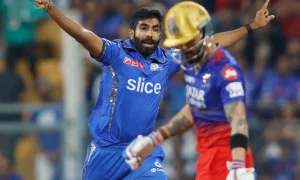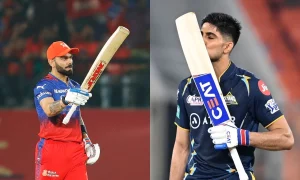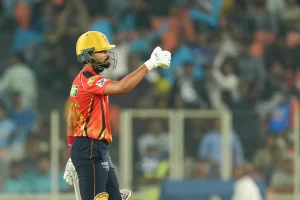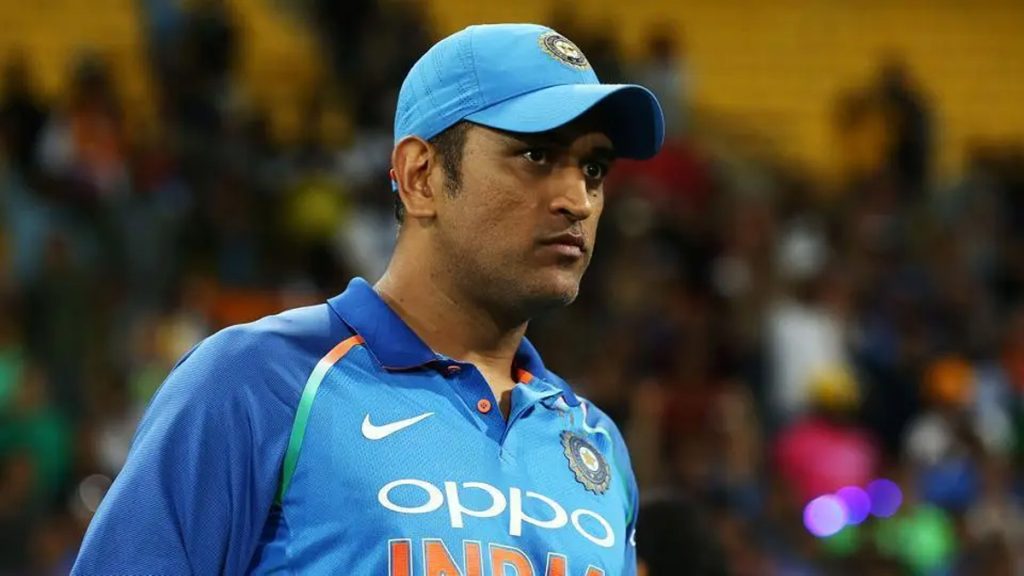In cricket, the captaincy is typically given to the best player on the team or, more historically, the top batsman. That’s been true for quite some time and continues to be so. Selectors and board directors typically do not appreciate making ad hoc decisions, which is an ample justification for sticking to the formula. But there have been many choices of captain over the years caused by the selectors.
1. MS Dhoni
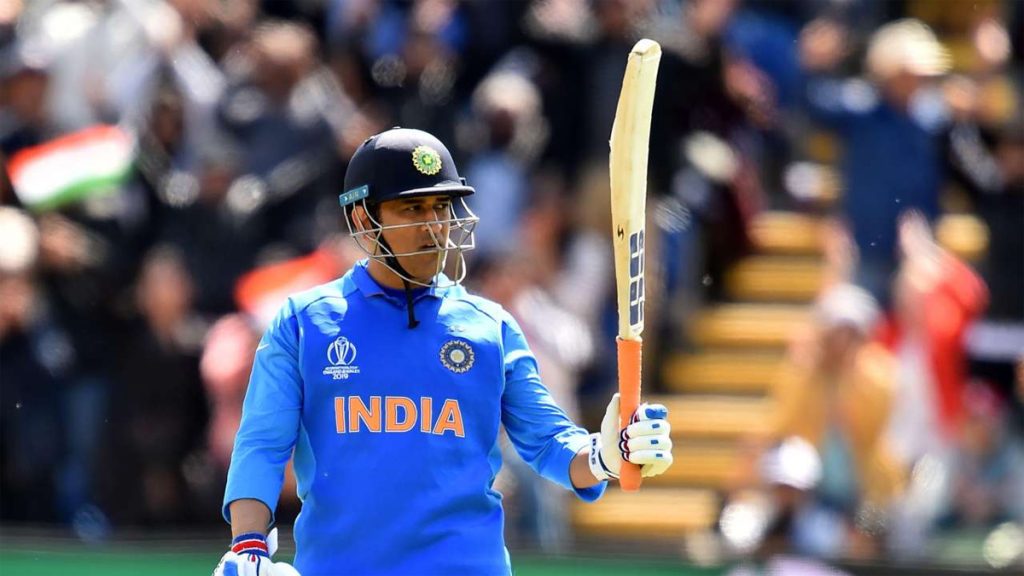
Dhoni led India in cricket during one of the country’s most prosperous eras. Mahendra Singh Dhoni, India’s swashbuckling wicketkeeper-batsman, was named captain for the 2007 T20 World Cup in South Africa when the team’s most experienced players declined to compete. Dhoni captained and led India to victory in that World Cup; he was also named captain for the limited-over matches. After Anil Kumble retired the following year, he took over as captain for all formats. The 2011 World Cup victory was India’s first in 28 years, while the 2013 ICC Champions Trophy title was his roar as a captain. Regarding international cricket, Dhoni has won it all, and his elevation as captain was one of the most brilliant moves in cricket’s history.
2. Graeme Smith
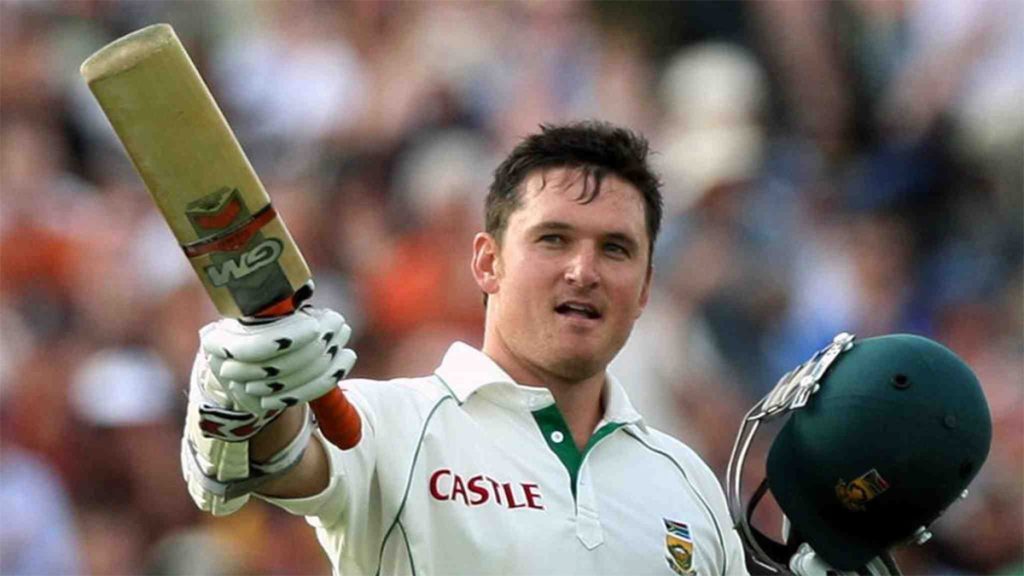
After South Africa’s elimination from the 2003 World Cup, Shaun Pollock resigned as captain, and the national selectors promoted 22-year-old opening batsman Graeme Smith to the position of permanent captain. In 2003, when Graeme Smith was named captain, it seemed like a tremendous gamble. However, Smith became one of the great contemporary captains and led South Africa to become one of the finest teams in the world over his 11-year tenure. Under his watch, South Africa became one of the most formidable sides to face, winning 60 of 117 Tests. During his time playing limited-overs cricket, Smith was outstanding. As captain, he has a 115-win record in 197 ODIs and a 23-win record in 33 T20Is.
3. Ricky Pointing
After Steve Waugh was removed as captain of the ODI squad in 2002, many expected Shane Warne to be named the limited-overs captain. However, it was star batsman Ricky Ponting who was given the role. With a 76.14% victory percentage as a skipper, he quickly rose to prominence among ODI geniuses. He led Australia to success in the ICC Champions Trophy in 2006, the World Cup in 2003, and the World Cup in 2007. After he took over, Australia’s ODI team became nearly unbeatable. During his time as Australia’s captain, the team went on to win 48 of 77 Test matches. This gave him a winning percentage of 62.33%. The choice to make Ponting captain over many other experienced players remains one of the masterstrokes of the Australian cricket administrators because he was one of Australia’s longest-serving captains and one of its most successful.
4. Michael Vaughan
The appointment of Michael Vaughan as limited-overs captain was met with scepticism, given he had yet to show much-attacking prowess in ODIs. A few months later, he was named England’s permanent captain for all game formats, and the team flourished to become one of the best in the world in the Test format. By 2004, they had significantly improved, and their records against New Zealand and the West Indies showed it. They won those series with a 100% win record. England also reached the final of the ICC Champions Trophy that year. In 2005, under Vaughan’s leadership, England won the Ashes for the first time in 18 years. This achievement cemented Vaughan’s place in English cricket folklore. His appointment was one of the most remarkable judgements ever made by England’s selectors, but injuries ultimately compelled him to give up the captaincy and then retire.
5. Eoin Morgan
In 2015, the English side named Eoin Morgan as its captain. Choosing someone for the position who is unable even to sing the English national anthem seemed risky at first. Morgan’s selection as England’s limited-overs captain looked questionable as the team got eliminated in the group stage of the ICC World Cup 2015. After the World Cup, though, Morgan played with much more aggression in ODIs and T20Is, and England became a squad of relentless power hitters. He also built a strong bench with a depth lineup.
A wise decision was made in appointing Morgan. He became England’s captain in 2015, and a year later, he led the team to the 2016 ICC T20 World Cup final. The 2019 50-over World Cup was the pinnacle of the Morgan project, as the host won the old trophy against New Zealand.
